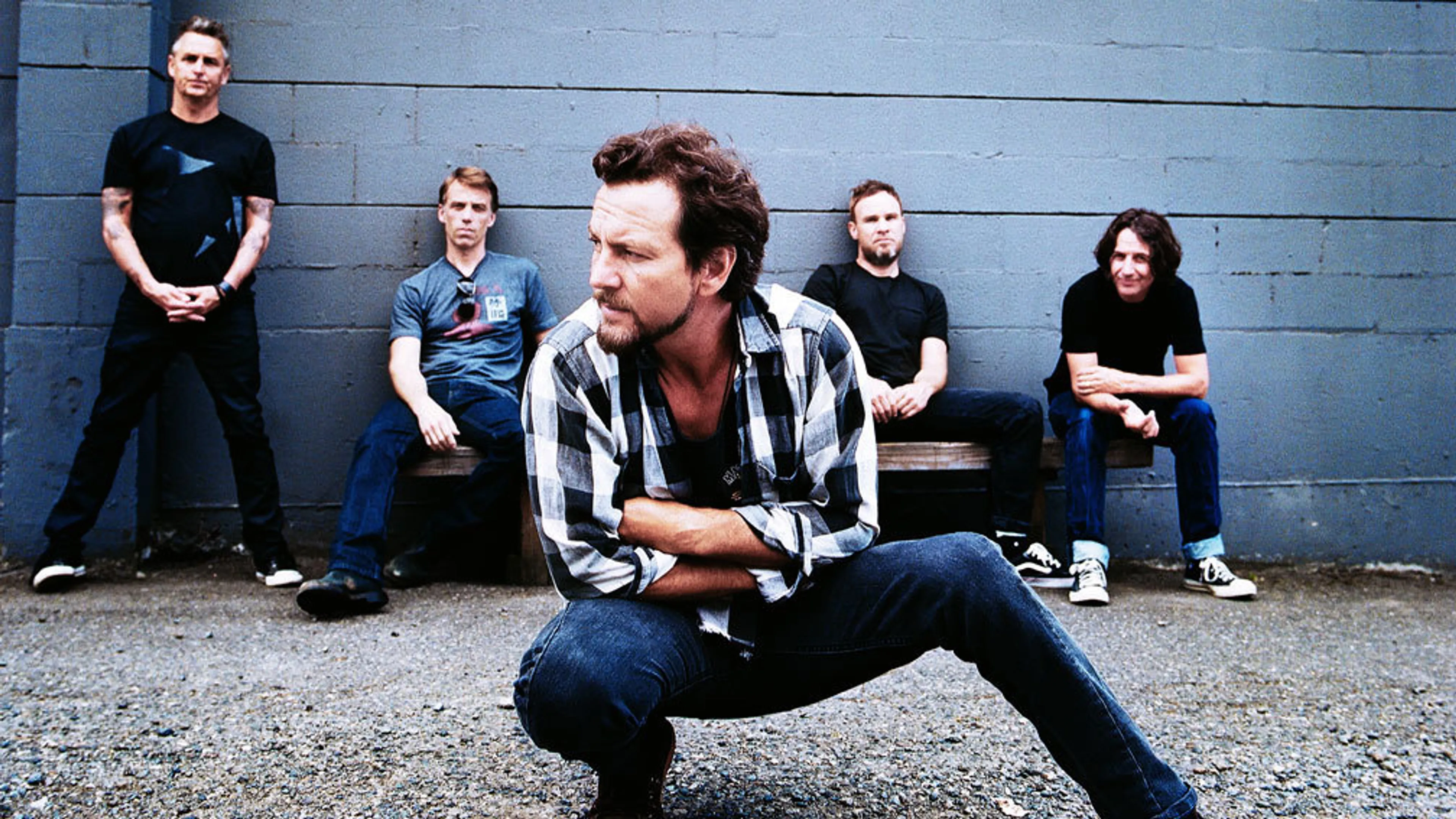As reductive as it is to view Pearl Jam’s legacy through the prism of grunge, it’s also unavoidable. While the superlative contributions of Soundgarden and Alice In Chains could never be overstated, as far as grunge’s mainstream crossover was initially concerned, the scene had two principal avatars: Nirvana and Pearl Jam. With the huge success of 1991’s Nevermind and Ten respectively, the Seattleites all but razed the memory of of ’80s hair metal. In Pearl Jam’s case in particular, songs like Alive, Black and Jeremy introduced a lyrical sensitivity to the charts that was the antithesis of the preening, misogynistic music that had dominated the decade prior. The sales of these records affected not only music, but also culture. Vocalist Eddie Vedder was, after all, once offered a spot in a Calvin Klein underwear ad. The widely-recycled history of grunge now stands as a macramé of myth, misconceptions and, occasionally, the truth. What’s undeniable, however, is that Pearl Jam affected rock’s trajectory to a degree that few bands have ever before. Or since.
